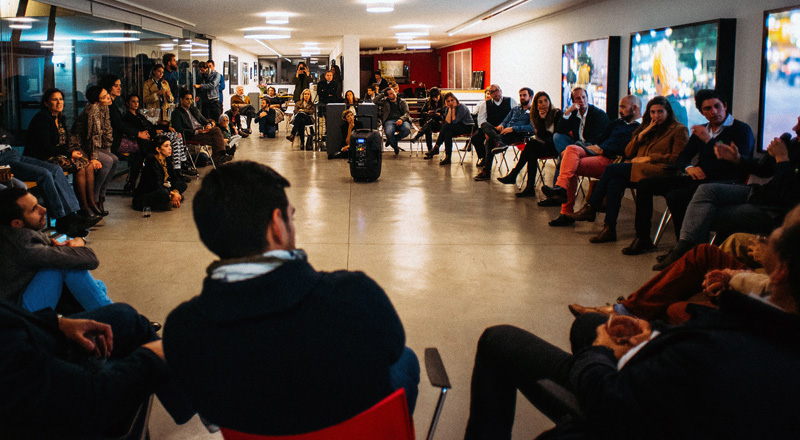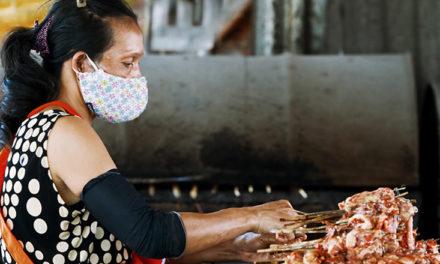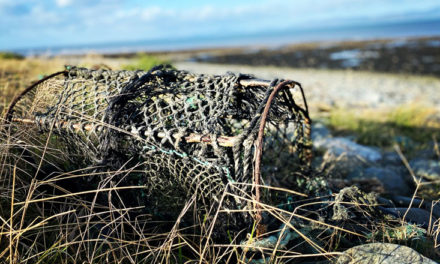Listen To Lead
Tena tātou katoa e te iwi mīhana… (Greetings to all the people in mission),
This month’s whakataukī (proverb) is: “He aha te kai ō te rangatira? He kōrero, he kōrero, he kōrero.” [What is the food of the leader? It is well rounded communication (conversation, consultancy, discussion, etc)].
Māori have strong collectivist values when it comes to decision making. The aim of a well respected rangatira (leader) or kaumatua (elder) is to make decisions based on their best discernment of the will of the people. A quick process this does not make, but a strong community it does.
We cannot underestimate the importance of genuine consultation.
We cannot underestimate the importance of genuine consultation when it comes to fostering unity in a group. Coming in with a preconceived agenda and holding a consultation in a perfunctory manner is not what the proverb above refers to. The knowledge-food/nourishment of the leader is drawn from the discussion. The discussion adds value to the leader as he or she listens. There, wisdom is found. It strengthens them in their leadership because they come to understand where their people want to go. The leader’s job is then to help them get there. The leader is of course part of the conversation and should have some vision for the future, but conversations should shape the forward movement and, to some degree, the intended destination. The ideal end result is collaboration engaged in by all because they see wisdom in the decision, they’ve been (really) heard and can also see how they can contribute to the plan’s success.
This past week I have watched with interest how various parties have reacted to Franklin Graham’s intention to hold ‘celebration events’ in some major cities as part of a worldwide campaign. Christian Today recently ran an article exploring the rejection of Franklin’s ministry by some venues in the UK, and English minister and theologian, Ian Paul shared some different views. In Christian Today, David Robertson sees Franklin’s rejection as something of a conspiracy against evangelism (in some ways, he’s not wrong) but it was Ian Paul’s article that resonated with me and the proverb above. He laments the lack of consultation.
Along with other Christian leaders in Aotearoa New Zealand, I recently received an invitation to meet with an Australia/New Zealand spokesperson for the Billy Graham Evangelistic Association (BGEA) to discuss Franklin’s intention to visit Aotearoa New Zealand in February 2021. It was a warm and respectful invitation but I was unavailable. I recommended they speak with the New Zealand Christian Network (the New Zealand Evangelical Alliance). I look forward to hearing how that conversation unfolds. It may be different in our case, but the testimony of others (in Australia and the United Kingdom), suggests it has potential to be one of those “we have an agenda – are you on board” types of meetings. This would be a far cry from the nourishing conversation suggested by the proverb quoted. Ian Paul, in his critique, laments that the BGEA did not seek invitations from UK church leaders, as Billy Graham used to do, but instead followed their own plan that now seems to be backfiring in places where they are finding venues difficult to hire. For the events that do go ahead, people will undoubtedly still turn up, and they will likely be blessed by the ministry. But is there an unnecessary cost?
We live in an era where imposing one’s view of the world onto others is reprehensible.
This is a vexing question in trans-boundary missions today. We live in an era where imposing one’s view of the world onto others is reprehensible. Do our beliefs give us the right to do it anyway? Do we really have a mandate to go into any nation we please, walk over their moral sensibilities and declare our way better than theirs?
Attitude is everything. Paul (the Apostle) makes this clear in Philippians 2. Christ’s way is the way of humility and service, of peace and generosity. Wherever we find ourselves in the world (‘as we go’), we should respect the values and morals of the host culture, and wait for an invitation to engage in conversations that lead to change. That doesn’t mean we need to be passive, but it does mean we need to be patient. The food of the gospel-leader is conversation. We talk, we learn, we consider, we contribute as invited.
“But there’s so much wrong with their culture…” they say. “Log. Eye.” I say. The gospel seeded around the world has adapted to and transformed cultures in powerful ways through the lives of those in whom the gospel has sprouted new life. It will continue to do so.
Big-crowd events can have a catalytic impact, but it’s the life on life discipling relationship that matures us. It is the steadfast and true, through thick and thin, living counter to the worst in society around us, that raises all the right questions and leads to lasting Kingdom impact.
I’m biased, but I like that the World Evangelical Alliance has prioritised a “Decade of Holistic Discipleship“. I don’t think it’s by accident that the World Council of Churches is prioritising “Transforming Discipleship” and, from the Vatican, the Pope is emphasizing the need for “Missionary Discipleship“. If the Spirit is saying anything to the Church today it is to deepen our understanding of being a disciple.
In his John 17 prayer, Jesus implies that the world needs to see our faith worked out in the daily grind, with hope and joy, faith and love. In unity with one another in-Christ. Disciples of Jesus replicating disciples of Jesus in all nations, cities, towns and villages, not just in the big venues. As leaders in God’s mission, let’s keep talking, encouraging and listening, that we might be well nourished in a way that helps us and our people #stayonmission.
Whakapaingia te Atua, to tatou kaiunga ki te ao whanui (Praise to God, who sends us into the world),
Jay







